06/03/2024
How to become a KPOP Trainee & Idol
Becoming a K-pop idol is a dream for many young individuals who aspire to showcase their singing, dancing, and performing skills on not just the Korean stage but as well as Global. But what does it take to become a K-pop idol? How does one become a KPOP Trainee? In this comprehensive guide, we will take you through the journey of becoming a K-pop trainee and eventually debuting as an idol.
Table of Contents
- How the casting works
- Training proper
- Financial Support and Contracts
- Challenges and Sacrifices
- Evaluation and Debut
- Member Roles and Group Dynamics
- Fame and Fanbase
- Challenges, Second Chances, Disbandments
How the casting works
Before embarking on the journey to become a K-pop idol, it’s important to understand the aspirations and dreams of those who wish to enter the industry. In Korea, it is estimated that there are approximately a million aspiring idols who dream of standing on stage and captivating audiences with their talent. Surveys conducted among elementary, middle, and high school students have shown that around 70% of them aspire to become celebrities. This demonstrates the immense admiration and allure of the idol profession.
Pre-debut qualifications: Requirements to be a KPOP Trainee
Most of the time, there’s only 1 qualification on the list of requirements of agencies. Visuals. Most idols are cast based on their faces and talents just come after. Other requirements would be the age because they no longer debut idols above 25 years old. At the moment, the younger that you are, the better (though this has been an ongoing debate in the KPOP Industry as well). Basically, if you have the face card and an age lesser than 20, then you definitely have a huge chance on becoming a trainee.

In order to become a K-pop idol, one must first become an idol trainee under a reputable agency. Debuting as an idol without going through the trainee process is extremely rare in the K-pop industry. Let’s explore the different paths to becoming an idol trainee.
Street Casting
Street casting is a method where talent scouts from entertainment agencies discover potential trainees while scouting on the streets. Each agency has a rookie development team responsible for finding and nurturing new talent. If a person’s appearance aligns with the agency’s desired image for an idol group, they may be approached and offered a position as a trainee. However, being street cast does not guarantee immediate entry into the agency. It typically involves a basic audition and camera test process before signing a contract. Some Idols who were casted on the Streets are Mingyu (who by the way auditioned wearing slippers and singing Korea’s National anthem), Jeonghan, & S.Coups of Seventeen, Ryujin and Yuna of Itzy, Sana of Twice, & Suho of EXO (the list goes on honestly).
Below are some casual fits that could help you stand out on the streets like an idol!
Agency Auditions
Many K-pop agencies conduct auditions to recruit new talent. These auditions can be periodic, ongoing, or part of national or global audition tours. Yes, it does not only happen in Korea but as well as different countries abroad. Some auditions are specifically held to recruit members for upcoming idol groups. It is important to stay updated with audition announcements from the agencies you are interested in. Let’s take a closer look at some of the famous auditions conducted by major agencies.
| Agency | Details | Site |
| HYBE – Online Audition | HYBE (formerly known as Big Hit Entertainment) conducts ongoing online auditions. Applicants born after 2003 can apply for categories such as singing, acting, or modeling. To complete the application, candidates must submit an application form and a video showcasing their talent. Successful candidates will be individually notified within two weeks. | HYBE GEFFEN🔗 Big Hit🔗 |
| YG – Online Audition | YG Entertainment conducts ongoing auditions for vocal, rap, and dance fields. There are no restrictions on gender, nationality, or age. However, applicants can only apply once for this audition. The initial application is submitted online, and successful candidates will be individually notified within two to four weeks for a second on-site audition. | YG Audition 🔗 |
| SM – Online Audition and Monthly Auditions | SM Entertainment, one of the leading K-pop agencies, accepts email or online auditions. Applicants can submit various materials to showcase their talents, including video files of singing, dancing, acting, or photographs. Additionally, SM holds the iconic Saturday Open Audition, which has been a tradition for about 20 years. Due to the pandemic, the audition has been conducted through Zoom and slowly returning back to normal. | SM엔터테인먼트 오디션 🔗 |
| JYP – Online and Monthly Auditions | JYP Entertainment also conducts online auditions for vocal, dance, rap, acting, and modeling. There are no restrictions on age, gender, or nationality, and applicants can apply online at any time. JYP also holds monthly auditions at their office building, allowing participants to apply in person. | JYP AUDITION 🔗 |
Browse our outfits section to prepare for your auditions!
Connection Through Academies
Another pathway to entering an agency as an idol trainee is through specialized academies that focus on training individuals for the idol industry. These academies provide dance and vocal training, and some are affiliated with specific agencies. Students who show promise and talent may be recommended to the agency or have their evaluation videos watched by agency representatives. Private auditions held at academies often have a lower competition rate, increasing the chances of becoming a trainee.
Training Process
Idol Trainee Life — once selected as a trainee, the real journey begins. Idol trainees undergo intensive training to develop their skills and prepare for their eventual debut. Training can last for several months or even years, depending on the agency and the trainee’s progress.
Rigorous Training Regimens
Idol trainees go through a rigorous training regimen that covers various aspects of performance. They receive classes in dancing, singing, acting, media training, foreign language, and even personality development. The goal is to mold trainees into well-rounded performers who can excel in all areas. Each agency has its own training curriculum and methodology, aiming to create idols who are ready to take on the stage. Below are a few examples of various pieces of training that a trainee undergoes and why.
Acting – Some faces are not just meant to be on stage but also on television screens. Korea is home to many dramas, so it makes sense to produce more actors and actresses per generation. Some idols, if found potential, are forced to attend acting classes. Other idols who are really interested in acting usually just inform their management that they want to attend these classes.
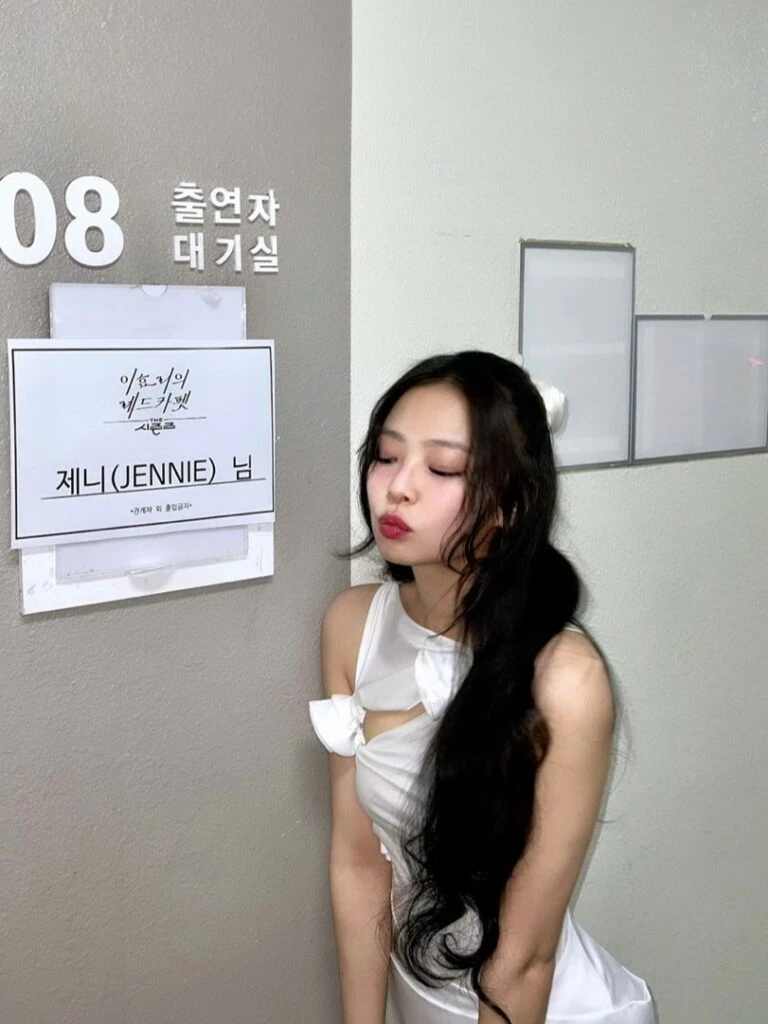
Singing – This is the most basic requirement of being a KPOP Idol, despite being already musically inclined or talented, once they enter an agency, they’re still forced to attend these classes to hone and discover more of their singing skills. If you’re not blessed enough to be able to sing when you’re still a kid, don’t panic because these classes will help you unleash those voices. It’s already been tested and proven that most Idols were cast only because of their faces and just later on honed their singing skills so don’t ever lose hope! You might awaken the inner opera in you.
Dancing – In Korea, you are definitely not considered an Idol if you can’t dance. If you can sing then you’re just plainly a singer but if you could do both singing and dancing then you’re automatically an Idol. So dancing classes are like the 2nd must-have classes during the training era of an idol.

Rapping – Of course, not everybody is born to belt high notes, and some voices are just meant and often perfect for rapping. Most of the time, rapping classes are usually offered to those who don’t show improvements in their singing skills.
Public Appearance / Media Training – All idols received this class since this is a huge part of their PR (Public Relations). It’s not enough to have the face and talents, they must also practice proper decorum as an idol to avoid getting canceled or getting into controversies. Even one has already debuted, the media training is still ongoing.

Here are some comfy training stylish ‘fits :
Make-up – Despite having stylists and make-up artists, KPOP idols must also learn how to bake their faces because you’ll never know when will you need those skills.
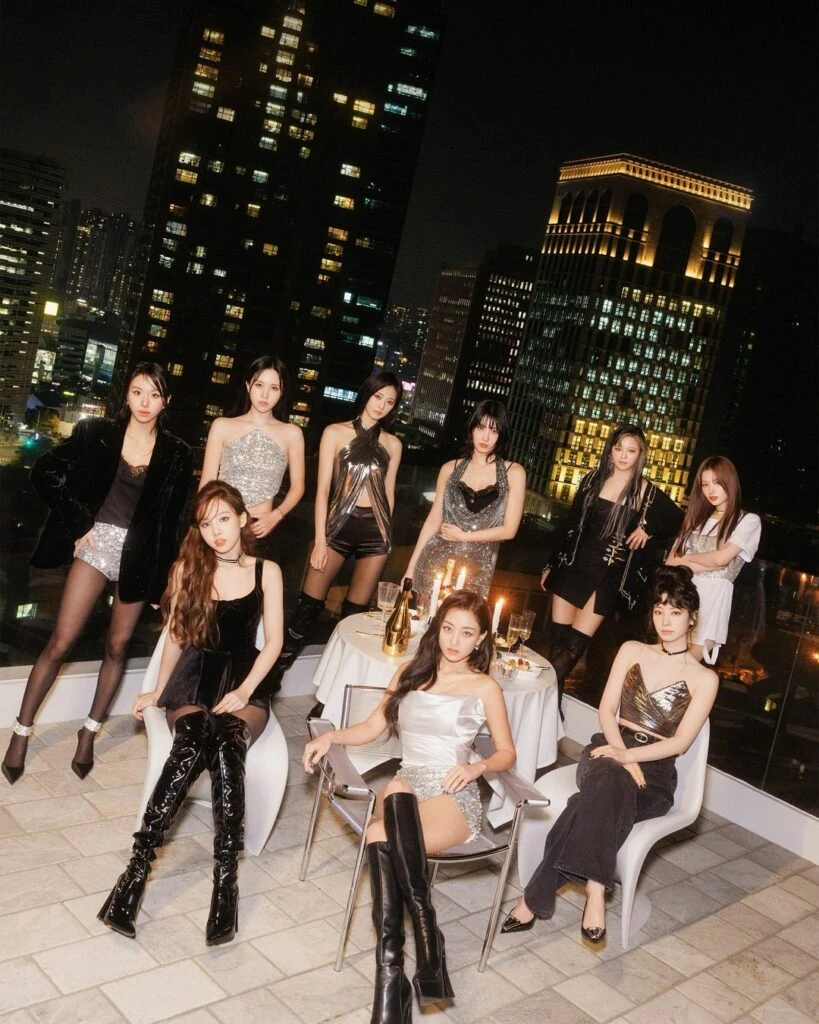
Foreign Language – This isn’t always being offered in all agencies or groups but usually to those groups with no English-speaking member/s or sometimes, some members want to learn another language and the agency would instantly provide them.
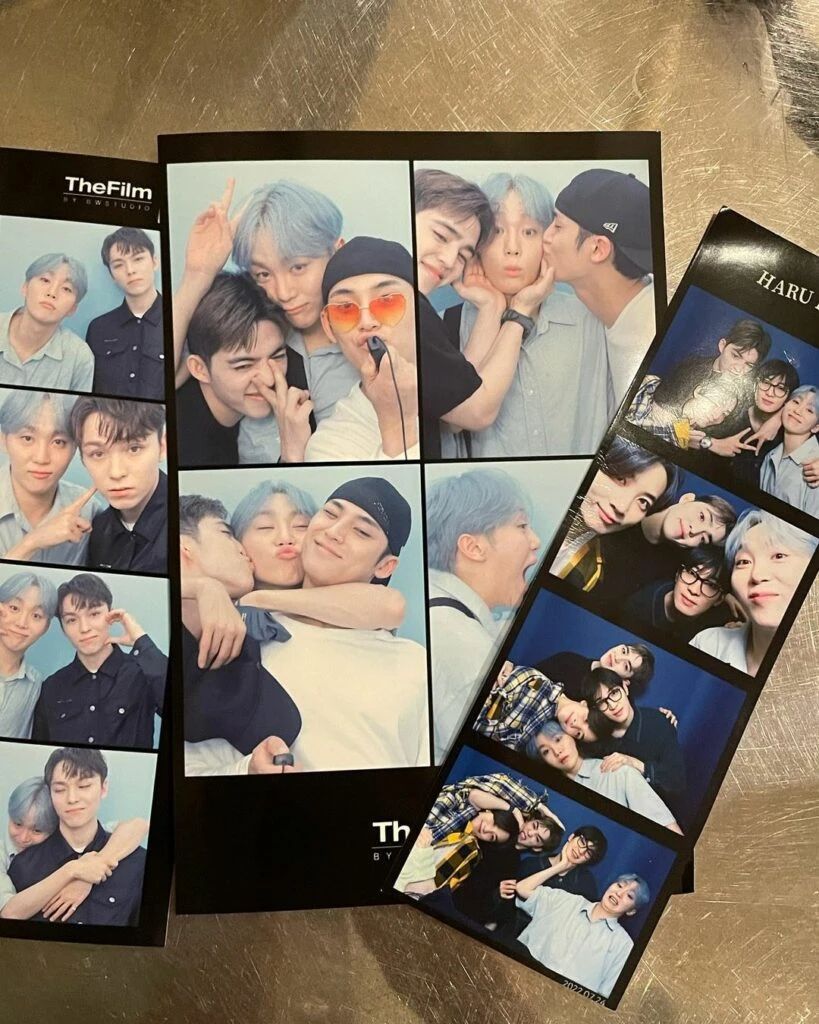
Comedy – Yes, you’ve read that right. Most agencies actually don’t offer this but it has only been recently revealed to the public that some idols underwent comedy classes in order to learn how to be funny. Seventeen for example are quite the comedians (and considered by the public) wherever they go not only because of their brotherhood but because their agency, Pledis, actually made them attend these classes during their trainee days.
Important Note:
The physical demands placed on KPOP idols can take a toll on their health and well-being. The industry places a strong emphasis on maintaining a slim physique, often leading to strict diet regimens for idols. Idols are expected to stay in shape and maintain a certain weight, which can be challenging given their hectic schedules and long training hours.
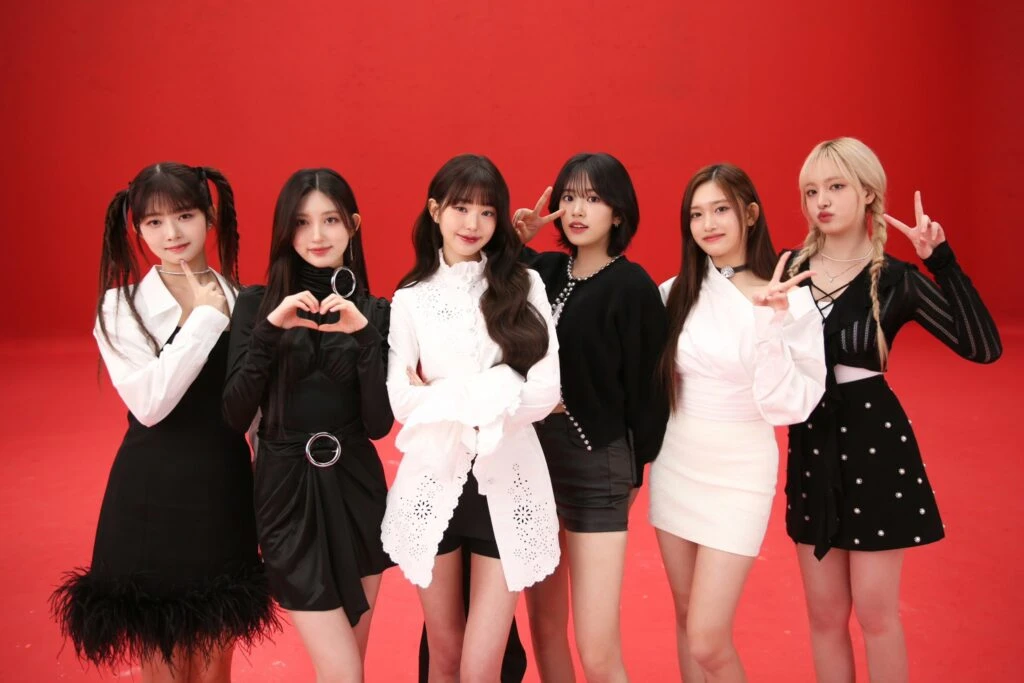
Additionally, idols often face sleep deprivation due to their busy schedules and intense training sessions. While companies strive to provide adequate rest, the demanding nature of the industry can disrupt sleep patterns and contribute to physical and mental exhaustion. Fans closely monitor idols’ weight and appearance, expressing concern when they perceive drastic changes. This attention highlights the importance of visual presentation in the KPOP industry and the pressure idols face to meet societal expectations.
Financial Support and Contracts
During the training period, trainees are not required to pay for their training costs. Instead, these expenses are covered by the agency, which recoups them from the trainee’s future earnings after debut. It is important to be cautious of fraudulent agencies that may ask trainees for money. Legitimate agencies do not ask for payment from trainees for training. The trainee contract should clearly outline the financial terms and conditions, ensuring transparency and fairness for both parties involved.
Challenges and Sacrifices
Becoming a K-pop idol requires immense dedication and sacrifice. Trainees often spend long hours in the practice room, honing their skills and perfecting their performances. They may have limited personal time and face intense competition within their agency. Trainees are expected to maintain a certain level of discipline and professionalism while avoiding any scandals or controversies that may jeopardize their careers. The idol industry demands a high level of commitment, both physically and mentally, from trainees.
Evaluation and Debut
Throughout the training period, trainees undergo regular evaluations to assess their progress and readiness for debut. These evaluations play a crucial role in determining whether a trainee will make their debut as an idol. Idol audition programs, such as the popular Produce series, Idol School, and Girl’s Planet, offer a glimpse into the intense training and evaluation processes. These programs have become a platform for aspiring trainees to showcase their skills and gain recognition from the public.
Debut Proper – Life as a KPOP Idol
Debuting as a K-pop idol is a culmination of years of training and hard work. However, it is important to note that debut is not the end of the journey but rather the beginning of a new chapter in an idol’s career. Let’s delve into the different aspects of life as a debuting idol.
- Member Roles and Group Dynamics
In a K-pop group, each member has specific roles and responsibilities. The leader is often the eldest or the most respected member who represents the group in various settings. Groups such as Stray Kids and Seventeen did this. Other leaders of some groups are even from their youngest members so it really depends within the circle of whom they want to elect the leader. The main vocalists showcase their singing abilities and are supported by lead and sub-vocalists.
But most groups debuting have no sub-vocalists and purely main vocalists to avoid public dissatisfaction. The rap line consists of main, lead, and sub-rappers, adding a unique flavor to the group’s music. The main dancer takes center stage during performances, while the lead dancer supports and enhances the group’s dance routines. Additionally, there is usually a “visual” member who is considered the most attractive and a “face of the group” who is the most popular among fans (Wonyoung of IVE and V of BTS for example). These dynamics among the members contribute to the group’s overall chemistry and success.
- Fame and Fanbase

Establishing a strong connection with fans is essential for a K-pop group’s success. Fans play a crucial role in supporting and promoting their favorite idols. Building a loyal fanbase requires not only talent but also genuine interactions and engagement with fans. Social media platforms have become a powerful tool for idols to connect with their fans directly and share glimpses of their daily lives. The success of K-pop groups like BTS can be attributed in part to their dedicated fanbase, known as ARMY, who resonate with the band’s powerful lyrics and messages. A great KPOP Group or idol is one who can communicate easily with their fans.
- Challenges, Second Chances, Disbandments

While some K-pop groups skyrocket to fame and achieve immense popularity, others may face challenges and obstacles on their journey. It is not uncommon for idols to experience periods of relative obscurity or struggle to gain recognition. In such cases, idols may have the opportunity for a second chance by participating in survival shows or re-debuting new concepts and group formations. Some groups that were formed are bound by contracts that meant to disband them but this does not mean that it’s the end of their Idol Life. Take Sakura and Chaewon of Le SSerafim for example because they used to be in a different group from a survival show and now they are one of the biggest Girl Groups of the 4th Generation. These opportunities provide a platform for idols to showcase their growth and talent, and potentially reignite their careers.
While you’re here, checkout our bestselling idol items:
*****
The K-pop or idol industry is constantly evolving, with new trends and concepts emerging. Aspiring idols or trainees must adapt and stay abreast of these changes to remain relevant in the industry. Collaborations with international artists, for example, have opened up new avenues for K-pop idols to expand their global reach and appeal. Additionally, the rise of social media platforms and online streaming services has revolutionized the way idols interact with fans and promote their music. The possibilities are endless. Through rigorous training, hard work, and a bit of luck, aspiring idols can turn their dreams into reality. So, if you have what it takes, embrace the world of K-pop and let your talent shine on the global stage!
Remember, becoming a K-pop idol is not just about achieving fame and success. It’s about sharing your passion for music and connecting with fans who appreciate your talent.
Disclaimer: The information provided in this article is based on extensive research and publicly available sources. Any statements or claims made are for informational purposes only and do not reflect personal opinions or affiliations.


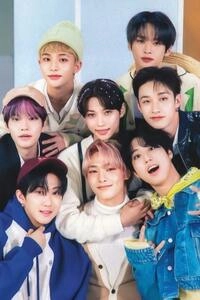




























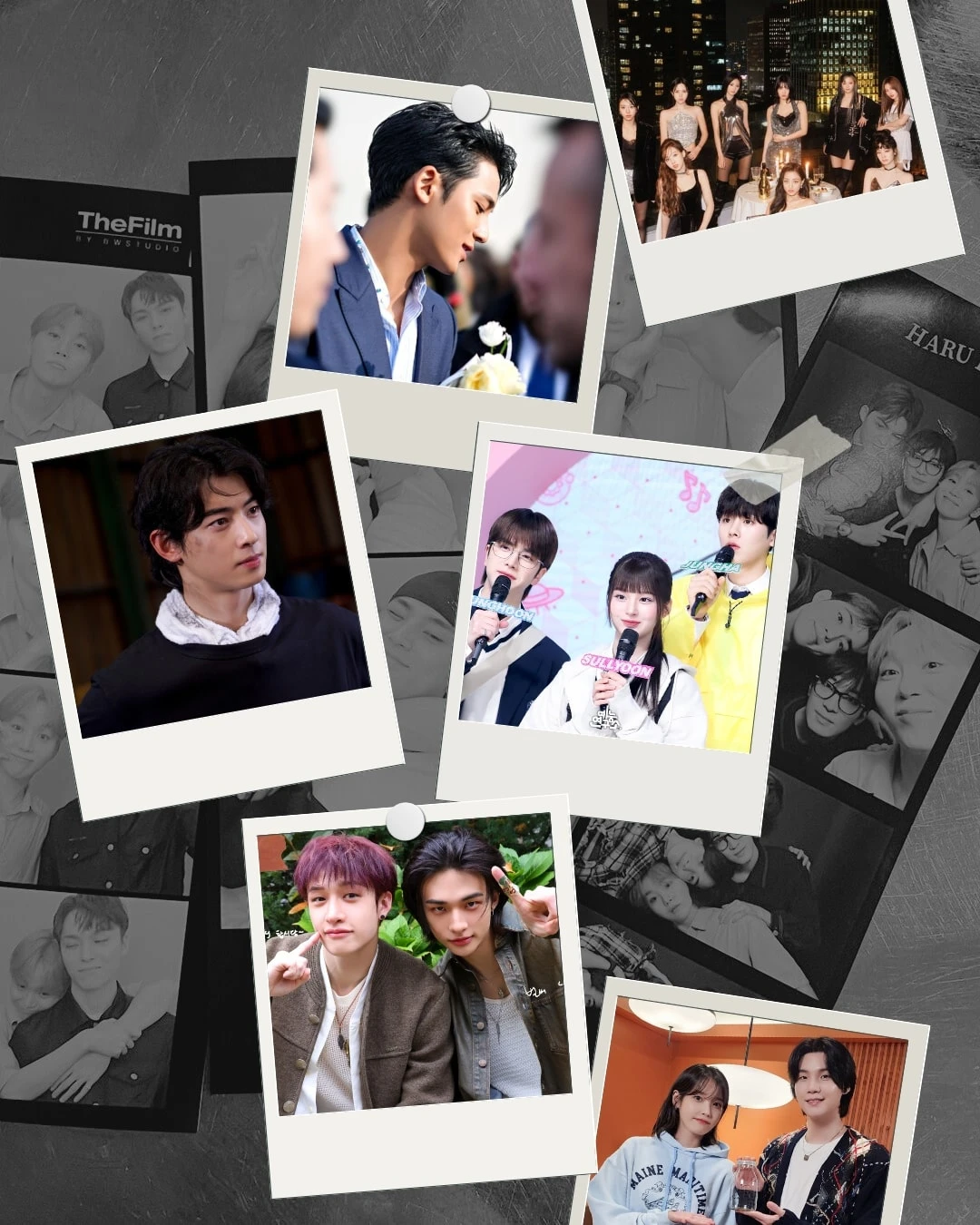









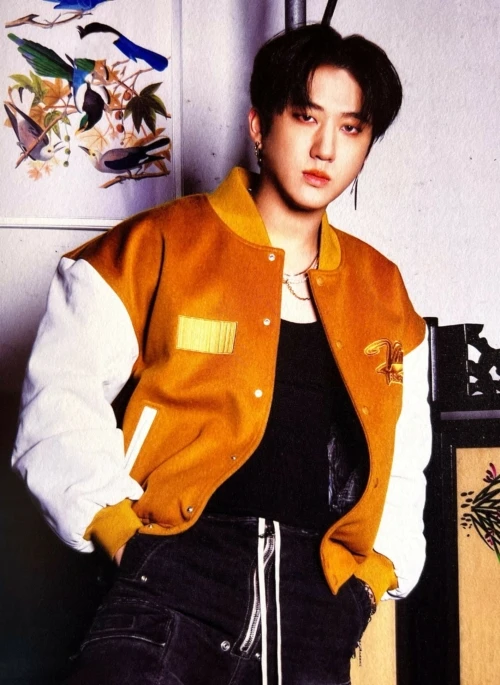
















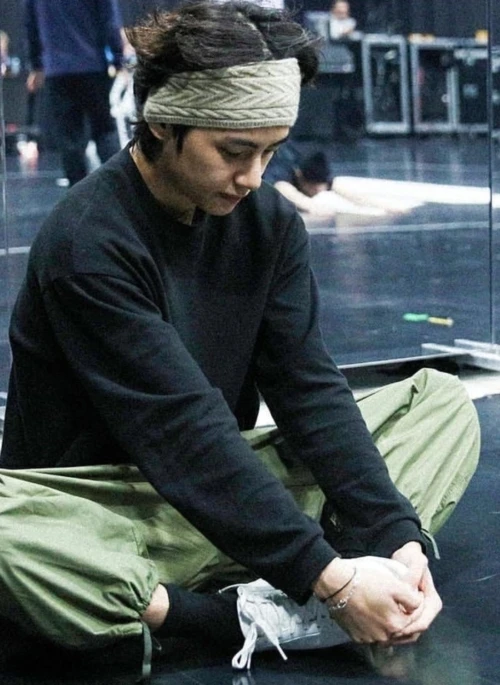












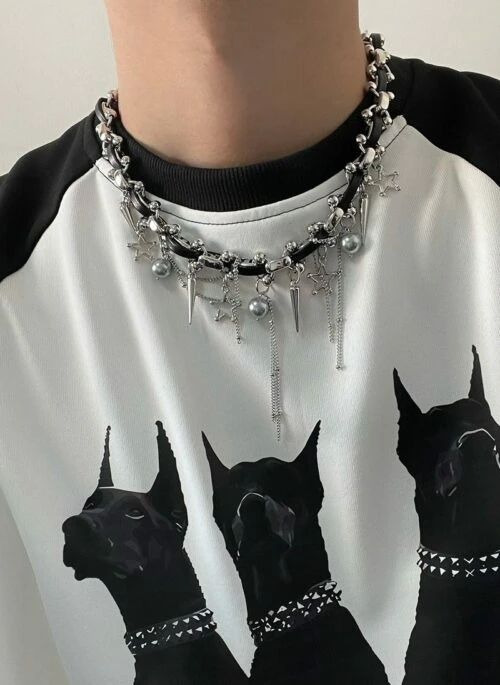










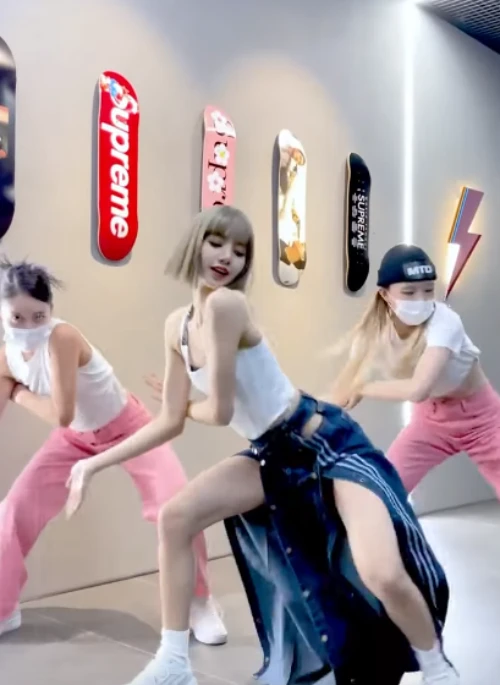








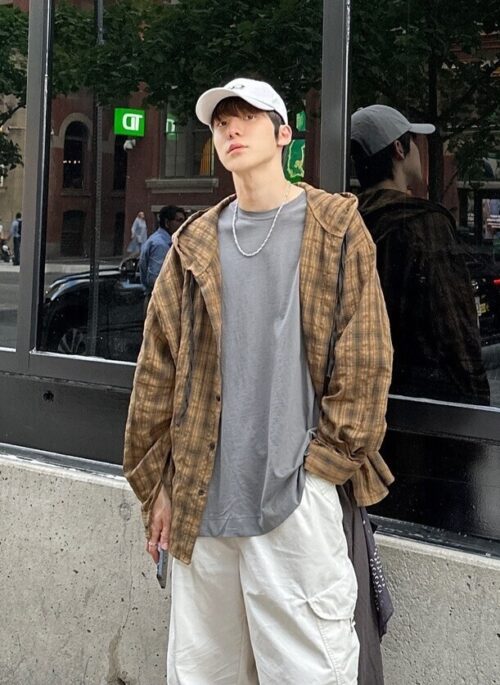
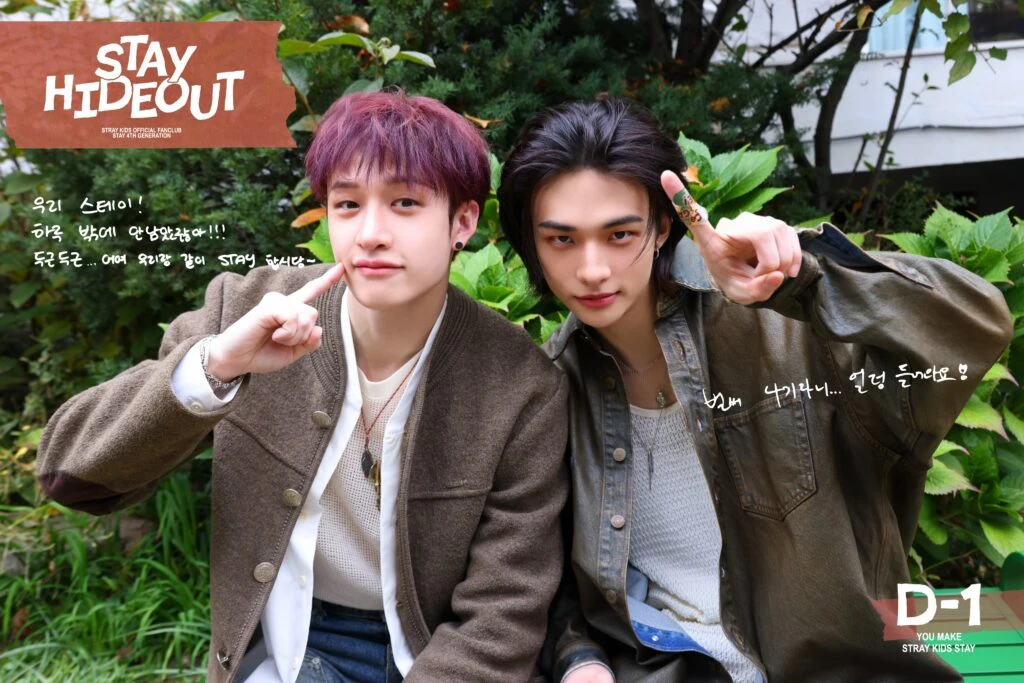
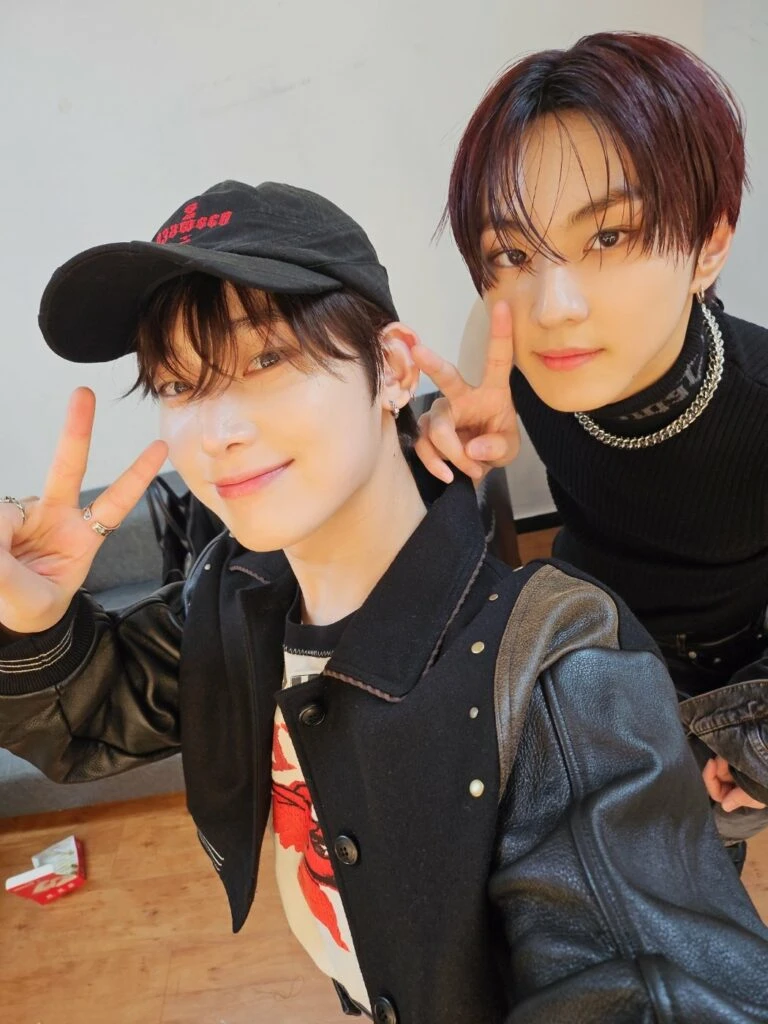


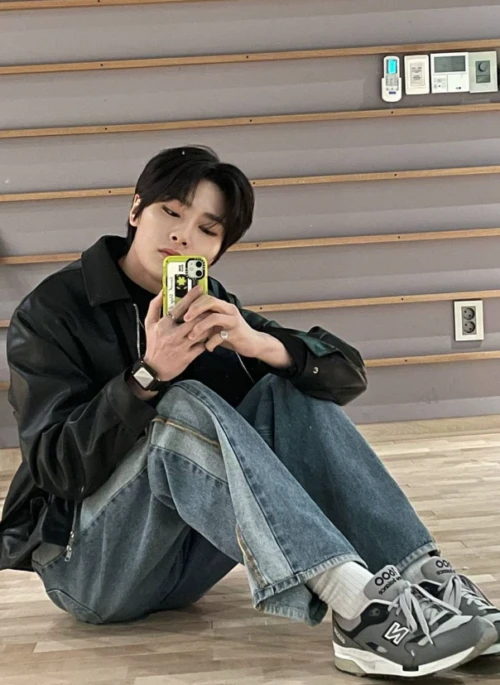



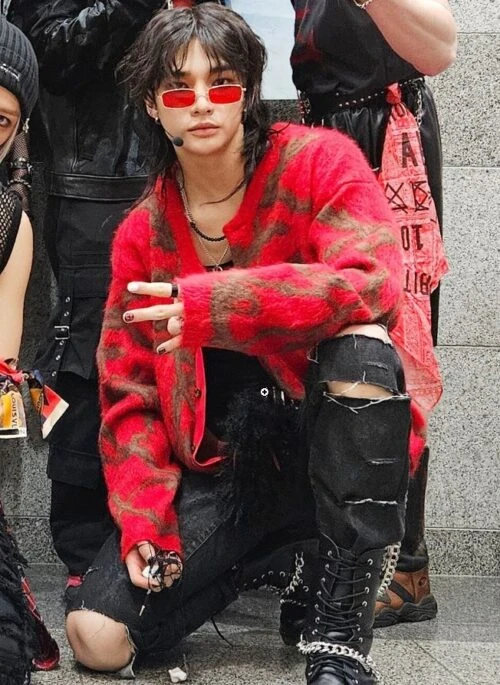

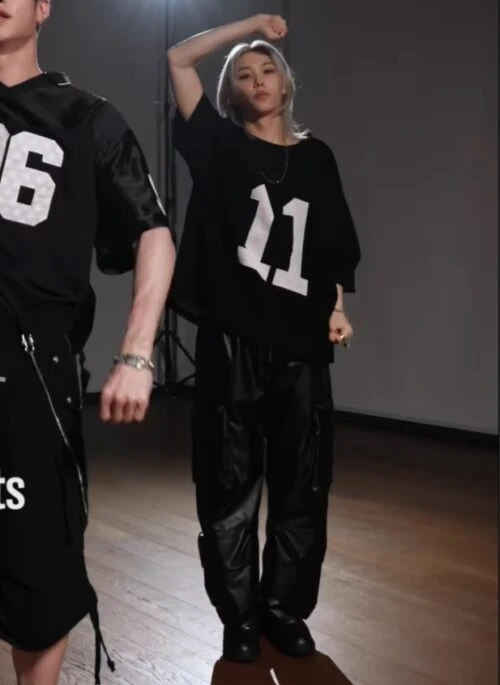






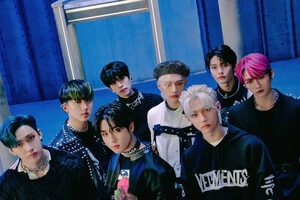




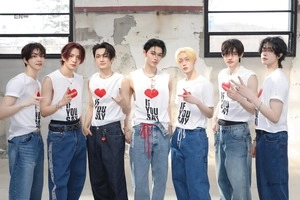





























I really wanna be a k pop idols
Thank you for this article. I’m planning on going into the industry after high school and I didn’t know about any of this. I really thought I would have to work like three jobs to get enough money for just getting to Korean and for training. Some of the stuff said in here, I expected, but after this article…I think I can do it.
and a quick question
can you start out being a trainee with no real experience?
Yeah, this would be great if answered